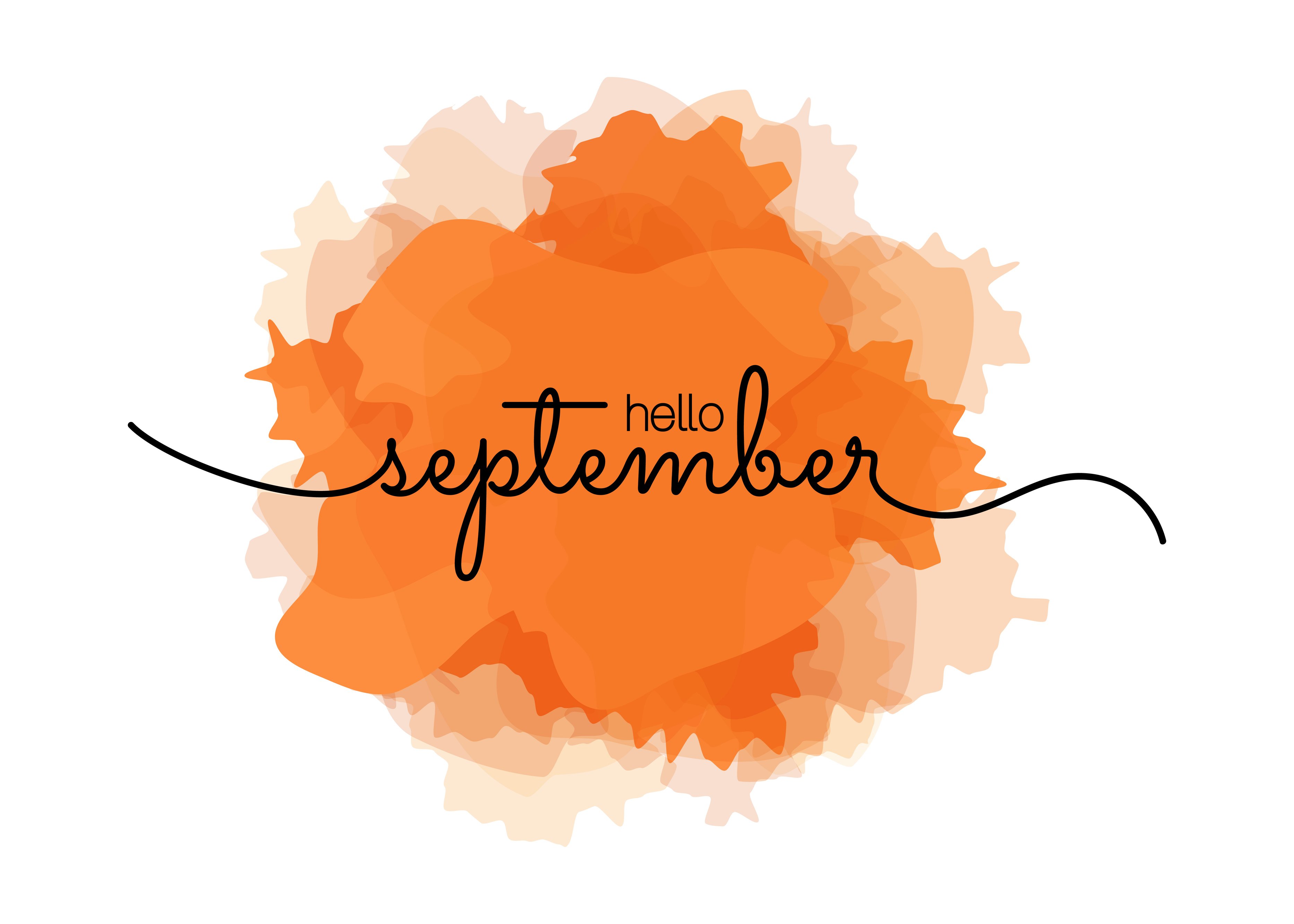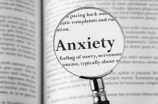Thriving with Your Anxiety at the End of Summer
Thriving with Your Anxiety at the End of Summer

We’re towards the end of summer and many are still brimming with excitement to see new places, visit family, or simply sit on the beach.
However, the countdown to the end of summer holidays is accelerating, and that can often bring on anxiety. In fact, the final weeks of summer can be some of the most stressful throughout the entire year! Many are worried about transitioning back to the hustle of meeting deadlines, the pressure of getting tasks handed-back post vaca, and facing a pile of emails.
Perhaps worst of all, many of us judge ourselves for feeling overwhelmed and anxious before Labor Day!
Another common concern is Work FOMO: Feeling bad about having missed crucial decisions and involvement in projects you were previously working on (or wanted to work on).
Here are a few tried-and-tested strategies for how to turn anxiety into a strength at the end of summer:
- Open Communication: Have a clear conversation with your team about your absence. Discuss potential issues that might have arisen and how they can be addressed. More importantly, try to find at least one trustworthy person on your team that you can speak with about work-related anxiety. Doing so will often strengthen bonds at work and increase support upon your return.
- Trust your team: When you feel anxious about your work-colleagues, remember that you are there for each other. Just as you cover for others when they take breaks, they will do the same for you, without being upset having handled things in your absence. Everyone on your team feels anxious sometimes (even if it doesn’t appear that way) and part of being human is that we need each other. Embrace your vulnerability!
- Set Boundaries: Accept that your anxiety means you are a human being with normal limitations, and not a robot. Therefore, baring unusual circumstances (e.g., a work-emergency or major looming deadline) stick carefully to your work hours upon your return in order to ease back into the swing of things vs. staying late in the office and putting in extra hours to make up for “time lost.” Try to unplug completely during weekends. A true break means not overdoing it when you get back to work!
- Let go of Judgment: If you find yourself feeling upset about the fact that you’re stressed or anxious, remember that you are human, anxiety is a normal emotion that we all feel from time-to-time (especially during transitions), and it’s expected that you’ll feel overwhelmed after a vacation when returning to work. Exercise self-compassion and self-care, by engaging in activities that reduce stress like taking walks, listening to music, and enjoying a good meal. Be kind to yourself!
- Embrace Anxiety: Finally, and perhaps most importantly, don’t squelch your anxiety rather embrace it. If you find yourself feeling amped up and anxious, try to harness your feelings to increase your focus and motivation and tackle your hardest tasks. Anxiety can offer us improved performance and attention to detail (particularly after a break!). Also remember that anxiety upon returning to work is a good thing - it means you care about your job, and you want to do well.
In sum, if you’re not ready for summer vacation to end, or if you feel anxious and uncomfortable when you return to work, you’re in good company. So, instead of fighting your feelings, try to use them to thrive by connecting more with others, increasing your self-compassion, and pushing yourself forward with your work-related tasks.



















